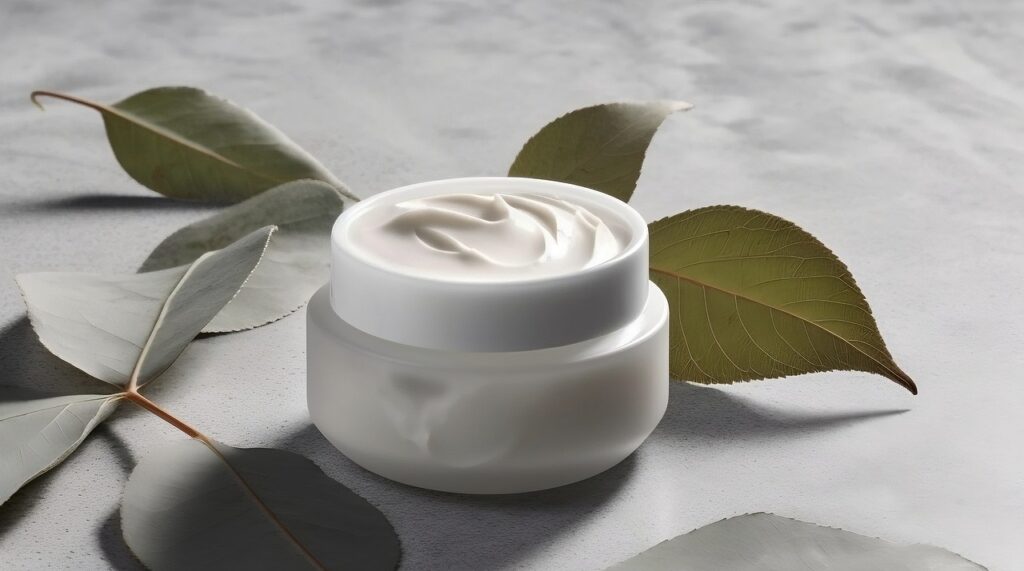Clobetasol Propionate is a potent corticosteroid that is commonly used in dermatology for its anti-inflammatory and immunosuppressive properties. It is available in various forms, including creams, ointments, solutions, foams, and shampoos. In dermatology it is commonly compounded as a 0.1% lotion or ointment. Here’s an overview of how Clobetasol Propionate is used in dermatology:
1. **Psoriasis:**
– Clobetasol is often prescribed for the treatment of psoriasis, a chronic skin condition characterized by red, scaly patches. It helps to reduce inflammation, itching, and the rapid growth of skin cells.
2. **Eczema (Dermatitis):**
– Clobetasol can be used in the treatment of eczema, a condition that causes red, itchy, and inflamed skin. It helps to alleviate symptoms by suppressing the immune response and reducing inflammation.
3. **Contact Dermatitis:**
– Contact dermatitis, caused by exposure to irritants or allergens, can be treated with Clobetasol to reduce inflammation and relieve itching.
4. **Other Inflammatory Skin Conditions:**
– Clobetasol may be prescribed for various inflammatory skin conditions, such as lichen planus and discoid lupus erythematosus.
5. **Scalp Conditions:**
– Clobetasol is available in shampoo form for the treatment of scalp conditions like psoriasis or seborrheic dermatitis. It helps reduce inflammation and itching on the scalp.
6. **Dosage and Application:**
– The dosage and application of Clobetasol Propionate depend on the specific skin condition being treated and the formulation of the medication.
– It is usually applied sparingly to the affected areas once or twice daily.
– It is important to follow the prescribed dosage and duration of treatment to avoid potential side effects associated with prolonged use of potent corticosteroids.
7. **Duration of Use:**
– Clobetasol Propionate is typically prescribed for short-term use due to its potency. Prolonged use can lead to side effects, such as skin atrophy, telangiectasia, and perioral dermatitis.
8. **Caution and Monitoring:**
– Healthcare providers may monitor patients closely, especially when using Clobetasol on sensitive areas or in pediatric populations.
– It is essential to follow up with healthcare providers regularly to assess the progress of treatment and adjust the medication as needed.
It’s crucial for individuals using Clobetasol Propionate to follow their healthcare provider’s instructions carefully and to report any adverse effects or concerns promptly. As with any medication, the use of Clobetasol Propionate should be under the guidance of a qualified healthcare professional.

Lane Khin, the compounding pharmacist of My Skin Pharmacy, brings a wealth of knowledge from the worlds of pharmacy and dermatology to the table. With degrees in Pharmacy and Applied Science from QUT, Lane combines a deep understanding of compounding and skincare with a friendly, accessible approach. Through My Skin Magazine, Lane shares her expertise, offering readers practical advice and insights into personalised skincare solutions. Lane has a real passion for helping others achieve their best skin.

